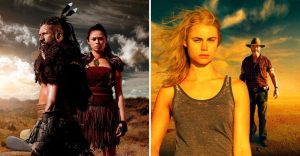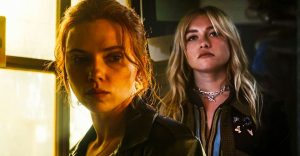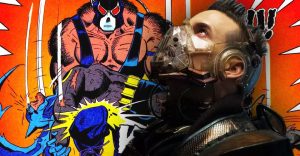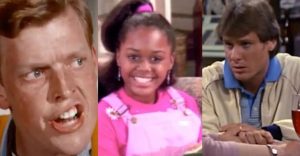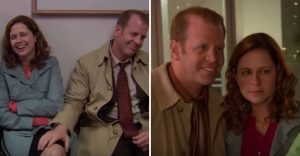Mulan: 10 Biggest Differences The Disney Movies Made To The Original Poem
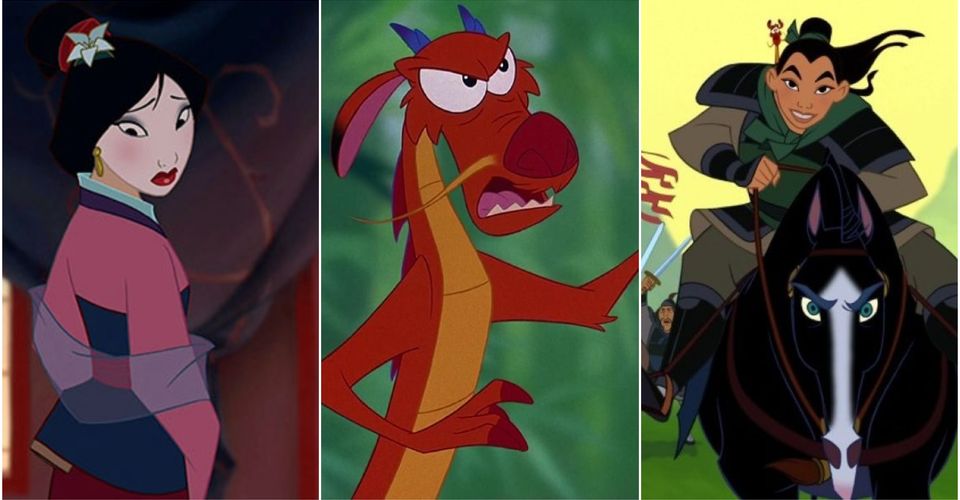
1998’s Mulan was one of Disney’s most beloved animated films and fans are eagerly awaiting the live-action remake, which has been pushed back to a July release date. Interestingly, the upcoming version seems to be a lot truer to the original tale. Now, there are hundreds of versions and adaptions of the story of Mulan, the young woman who pretends to be a man to stop her father from going to war. The earliest transcribed version of the tale was The Ballad of Mulan.
Disney often changes things in their adaptations as a way to make the film more popular and to fit it into a feature-length story. Therefore, there are some notable differences between the original poem and the Disney movies.
10 The Matchmaker

Both of the Disney versions of Mulan start with her going to a matchmaker to find a husband. Chaotic and hilarious, the scene sets up Mulan as a different type of girl, who seemingly isn’t interested in marriage.
The original poem starts differently. In it, Mulan is weaving and is visibly upset because her father has been called into war. However, it does slightly draw onto the idea that Mulan isn’t worried about things like marriage as the poem explains that her sorrow has nothing to do with a romantic partner.
9 They Took Away Mulan’s Siblings

In the Disney film, Mulan is an only child with the closest thing she has to a sibling being her dog called Little Brother.
In the poem, she has both a younger brother and an older sister. Sadly, the younger brother is too young to enlist and therefore Mulan takes her father’s place. Unfortunately, not much is known about her sister. However, the live-action remake has included her sister and named her Hua Xiu.
8 Mushu

Easily one of the best characters in Mulan, Mushu was Mulan’s self-appointed guardian. Played by Eddie Murphy, the quippy dragon added a lot to the humor that made the original film so successful.
Yet, Mushu is nowhere to be seen in the original poem. In fact, the poem has no supernatural elements to it at all. As the upcoming version will be a lot truer to its origins, it is no surprise that Mushu will not be making an appearance in it either.
7 The Training Montage

One of the best scenes in Disney’s first Mulan film was the epic training montage. Backed by “I’ll Make a Man Out of You,” the scene showed Mulan learning how to become a highly-skilled warrior.
Yet, in the original poem, not only is there no training montage, she joins the army as a highly-skilled fighter and, in some versions, was already trained in things like martial arts, sword fighting, and archery.
6 Li Shang

Li Shang was Mulan’s Captain and love interest in the original Disney films. Unlike many of the Disney “Princes”, he had a more developed character and played a key role in both films.
Unfortunately, the original poem doesn’t have a Li Shang and it doesn’t delve into any personal details about Mulan. Instead, it broadly and briefly speaks about her in the army. Importantly, Li Shang will not be in the live-action movie. However, this has less to do with the original poem and more to do with the fact that the producers felt uncomfortable with Mulan’s love interest being her superior.
5 Mulan Has A Very Short Time In The Army

Disney’s original Mulan, in comparison to many of today’s blockbusters, had a very short run time of 87 minutes and therefore it made sense that the movie could only focus on one major conflict.
In the film, Mulan quickly moves from training into her first and really only battle with the Huns where she uses a cannon to cause an avalanche. Later, she helps defeat Shan Yu in the palace. Yet, the poem clearly speaks of hundreds of battles and her traveling long distances to go to war, with her spending a total of twelve years in the army.
4 Mulan Is Singled Out

Disney’s original Mulan was a critical and global success, well, except for in China. This was in part due to the individualistic narrative of Mulan. In the film, Mulan is the one who first stops the Huns, and the Emperor specifically rewards her. The movie also spends a lot of time focusing on her struggles of pretending to be a man.
However in the original poem, Mulan is never specifically singled out for her actions. When the poem speaks about her time at war and being rewarded by the Emperor, it collectively speaks about the army as a whole. Notably, the poem doesn’t offer any details of her experience pretending to be a man.
3 Mulan Is Rewarded With The Emperor’s Crest And Shan Yu’s Sword

After helping to defeat Shan Yu, Mulan gets simultaneously scolded and rewarded by the Emperor and he gifts her his crest and Shan Yu’s sword so that she can present it to her family.
In the poem, this goes slightly differently. The poem speaks about all of the soldiers getting rewards from the Emperor. When it comes to Mulan, the Emperor asks her what she wants and she declines any political titles and asks for a swift horse that can take her home to her family.
2 Her Identity Gets Accidently Revealed

In the film, Mulan’s real identity gets discovered while being treated after a battle with the Huns. This causes one of the main tensions in the plot, as she is cast out of the army by Li Shang.
Yet, in the poem, Mulan successfully remains in disguise for her entire time in the army and willingly reveals herself. She returns home and changes out of her army uniform, fixes her hair, and puts on some kind of yellow powder. She is then met by her fellow soldiers who are amazed to find out that she is a woman. Importantly, unlike the movie, there also seems to be no malice towards her for being a woman.
1 Mulan Stays In The Army

Although not as popular as the first movie, in the direct-to-video Mulan II, she is still in the army and is called to transport the Emperor’s three daughters.
In the original text, Mulan returns to her old life and that is seemingly all she wanted. The poem specifically describes her taking off her wartime clothes and putting on her old clothes, thereby signaling that her duty has come to an end. Currently, not much is known about the live-action remake but there are already rumors of a sequel and that it will opt for an original script, therefore it may still be closer to the original poem.
About The Author










